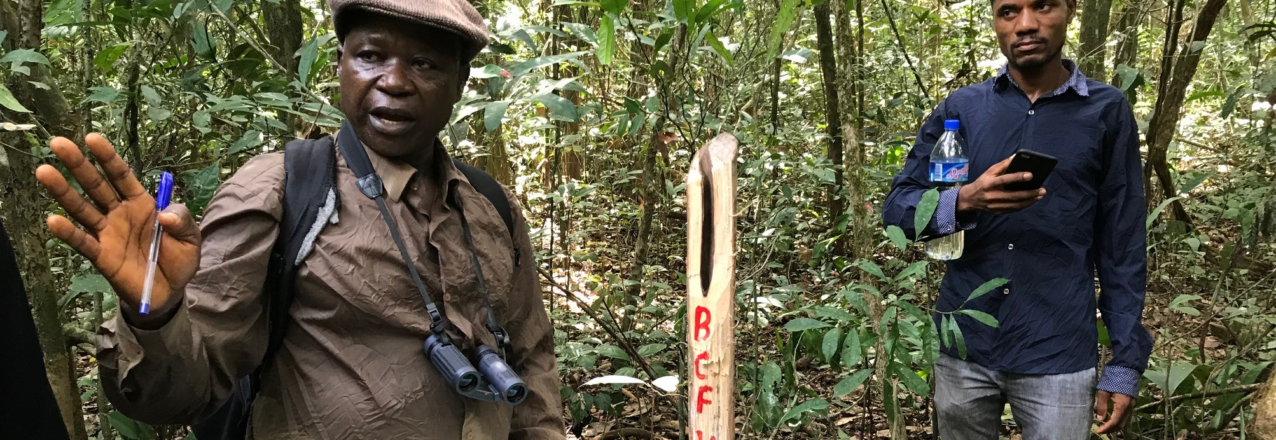Sound management of natural resources is integral to a country’s development, resilience, and self-reliance. By promoting development that benefits both nature and people, biodiversity conservation activities can strengthen development impact and the capacity of countries to manage their natural resources, improving their self-reliance.
The Wilson Center’s Environmental Change & Security Program, in partnership with USAID’s USAID’s Biodiversity Results and Integrated Development Gains Enhanced (BRIDGE) project, held a three-part virtual series with researchers and practitioners discussing lessons learned and entry points for action in the integration of biodiversity conservation, governance, public health, and food security.
There are strong linkages between good governance and biodiversity conservation. Better governance, conservation and natural resource management all focus on improving the collective good. Similarly, good governance and biodiversity conservation require the participation of local communities in decision making and management. Where governance institutions are seen as legitimate, transparent and effective, people are much more likely to follow the rules and regulations that the institutions set. Further, combining collective action, natural resource management and good governance can provide incentives to individuals and groups to manage natural resources in more sustainable ways. Good governance is thus a linchpin of biodiversity conservation. Examples of programming interventions include improved marine biodiversity conservation through community participation in co-management; increased prosecution of environmental crime through investments in judicial systems; or enhanced integrity of forested landscapes through investments in indigenous land tenure systems.
Building Bridges: Governance, Natural Resource Management, and “Thinking and Working Politically”
Follow the link above to view the webcast recording.
Moderated by Derick Brinkerhoff, Distinguished Fellow Emeritus, RTI International with an introduction by Kyle Rearick, Forestry and Biodiversity Advisor, U.S. Agency for International Development.
Panel Speakers:
- Suzanne Kelly-Lyall, Founder, Wildcat Research & Advisory Services, LLC.
- Rachel Kleinfeld, Senior Fellow, Democracy, Conflict, and Governance Program, Carnegie Endowment for International Peace
- Diane Russell, President, SocioEcological Strategies, Inc.
Other Webcast in Series
Governance, Natural Resource Management, and “Thinking and Working Politically” is the second panel in a three-part “Building Bridges” virtual series to hear from researchers and practitioners on lessons learned and entry points for action in the integration of biodiversity conservation, governance, public health, and food security.
- Health, Nutrition, and Ecosystems Services
- Cross-Sectoral Collaboration for Stronger Conservation and Development Outcomes
For the past five years, BRIDGE has supported the second goal of USAID’s Biodiversity Policy, to “integrate biodiversity as an essential component of human development.” BRIDGE collaborates with USAID missions and regional and technical bureaus to identify and promote integrated programming approaches and contribute to the evidence base for integration.
The Environmental Change and Security Program (ECSP) explores the connections between environmental, health, and population dynamics and their links to conflict, human insecurity, and foreign policy.
Additional Resources:
- Conservation is Development
- How to Think and Work Politically to Reach Biodiversity Conservation Goals
- Democracy, Human Rights and Governance and Biodiversity Conservation Integration
- Discussion Note: Thinking and Working Politically and Strengthening Political Economy Analysis in USAID Biodiversity Programming
- Democracy, Human Rights and Governance and Biodiversity Conservation Linkages


